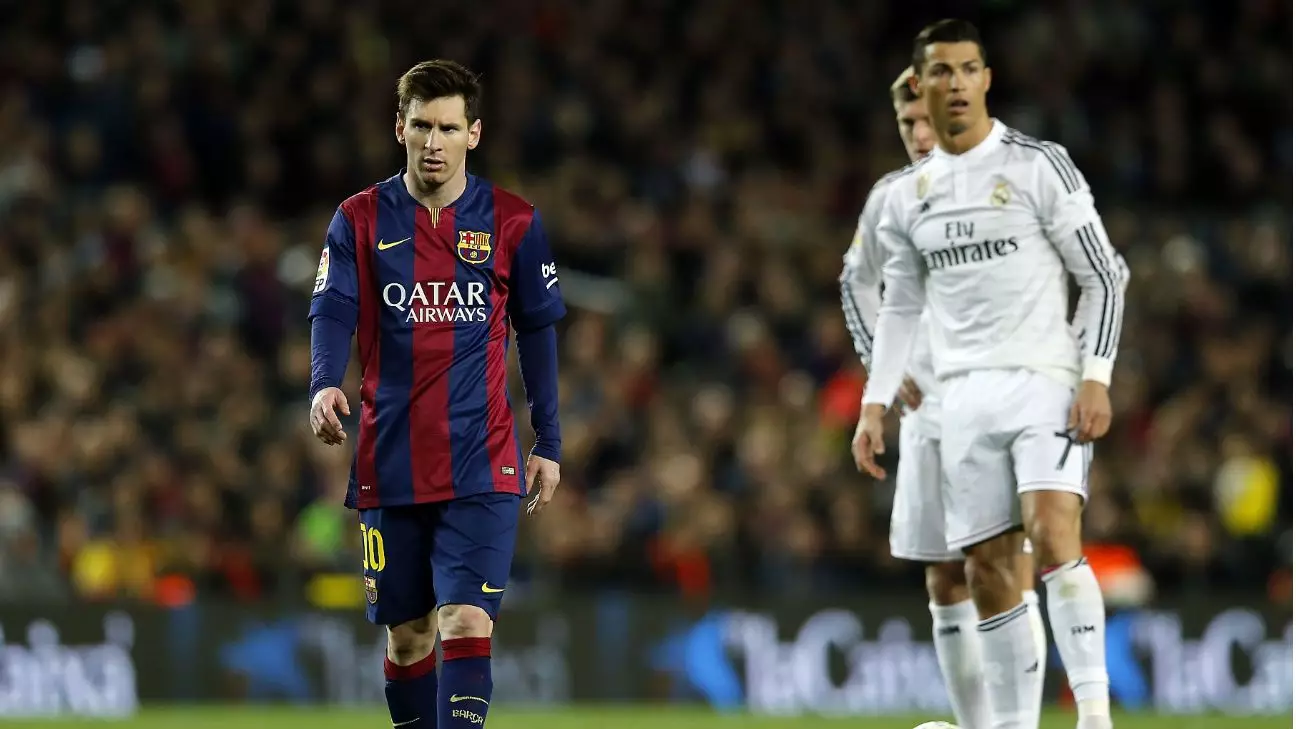Soccer, a sport revered worldwide, evokes immense emotion, exuberance, and occasionally discord. It doesn’t just unify fans; it fosters rivalries that transcend mere competition. These intense competitions often embody cultural, historical, and social elements, adding layers of depth to each encounter. From El Clásico in Spain to the Old Firm Derby in Scotland, the narrative surrounding these matches captivates the imagination and draws millions into the heart of the action.
El Clásico, the spectacle of the clash between Real Madrid and Barcelona, exemplifies one of the most passionate rivalries in sports history. Their inaugural meeting in 1902 set the stage for a rivalry steeped in more than just football; it mirrors the cultural divergency between Spanish nationalism and Catalan identity. This match isn’t merely a test of sportsmanship; it is a representation of ideologies. Over time, it has attracted icons like Lionel Messi and Cristiano Ronaldo, elevating it to a global phenomenon that audiences from around the world eagerly anticipate.
The stakes are always high; a win does not merely contribute to league standings but provides intrinsic pride that can last for years. As Barcelona currently leads the recent stretch of matches, the narrative continues to evolve, showcasing how fierce passion is sustained across generations in soccer.
The Manchester Derby features the storied franchises of Manchester City and Manchester United. A rivalry that encapsulates the duality of struggle and success, it highlights how sporting distinctions can manifest from proximity; the teams compete within a five-mile radius yet inhabit entirely different worlds in their supporters’ eyes. Historically dominated by Manchester United, City’s recent surge has reignited the flames of rivalry.
The economic disparity and competitive success contribute to a unique blend of animosity and pride. United fans, once reigning kings of English football, now grapple with the resurgence of their local counterparts. This intense battle illustrates the fluid nature of dominance in sports, reminding us that success cycles through teams, igniting fervor among devoted supporters.
When discussing English football rivalries, the North West rivalry between Liverpool and Manchester United stands tall. With a combined history of unparalleled success, these teams are not merely competitors; they are icons of their respective cities and representations of regional pride. Dissecting this rivalry reveals socioeconomic undercurrents and historical battles; both clubs boast a rich lineage, with countless titles to their names.
Matches are more than just encounters; they reflect deep-seated local pride and identity. This fierce contention not only elevates the game but enhances the stakes, transforming each game into an epic narrative that resonates beyond the final whistle.
Germany’s Der Klassiker between Bayern Munich and Borussia Dortmund is another exemplary rivalry that has seen its share of thrilling encounters. This competition showcases the dynamic nature of sports, with Bayern often playing the role of the dominant force. Yet Dortmund’s recent resilience in the rivalry offers a glimpse into the competitive balance that sustains interest among fans.
Exploring this rivalry allows us to understand how local culture and sports intertwine. The pride of Munich against the underdog spirit of Dortmund continues to write new chapters in their vivid history, showcasing resilience, ambition, and the relentless pursuit of excellence.
Le Classique, the iconic feud between Paris Saint-Germain and Marseille, is emblematic of the passion that sports can inject into local identity. This rivalry not only stems from competitiveness on the pitch but is intensifying due to historical and social contexts. The clash between France’s two powerhouse clubs is punctuated by a fierce narrative of regional identity and class distinction.
The atmosphere surrounding these matches is electric, often marred by off-pitch controversies and confrontations. However, these incidents emphasize the pride and sentiment underlying the rivalry. PSG’s dominance in recent years showcases a shift in power while Marseille continues to rally their supporters with fierce determination, reminding fans of the rich history that fuels each encounter.
Shifting focus to the heart of Mexico, El Súper Clásico between Club América and Chivas Guadalajara delineates a rivalry born from intense local pride and historical significance. This matchup captivates audiences with a depth of emotion that’s palpable in stadiums across the nation. The competitive spirit ignited in the 1950s marked a turning point, transforming this pairing into a revered battleground.
As these teams battle, every match reverberates with the weight of past clashes, igniting fervor that spans generations. The rivalry showcases how competition extends beyond the pitch and into the very fabric of societal identity.
The rivalries explored here illustrate an intricate tapestry where culture, history, and competition merge. These matches do not merely define soccer; they embody a vital part of each region’s identity, eliciting parallel narratives of tradition and passion. As fans congregate, the emotional stakes rise, creating moments that are destined to be etched in history. Soccer, at its core, is a celebration of unity, diversity, and spirited rivalry—elements that will continue to thrive as long as the beautiful game is played.
